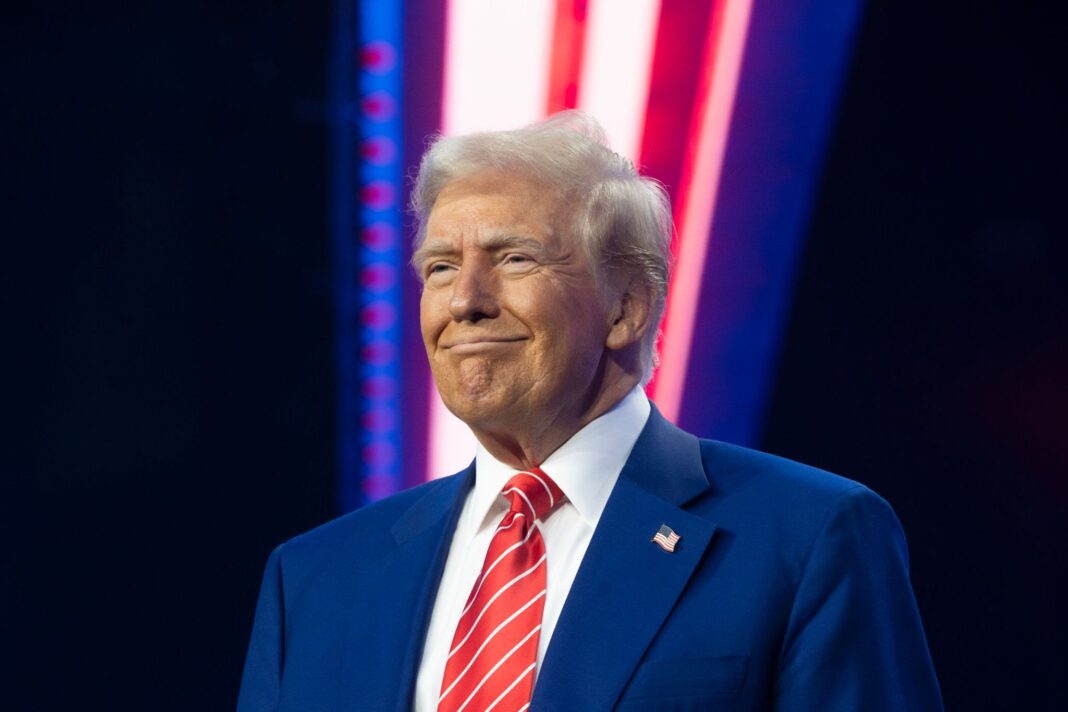US President Donald Trump has announced that a 30 percent tariff will be imposed on all goods imported from the European Union and Mexico starting August 1, in a move that has stunned diplomats and rattled global trade markets. The announcement came in the form of two letters posted on his Truth Social account on Saturday, signaling a sharp escalation in his administration’s trade policy ahead of the November election.
In the letter addressed to Mexico’s president, Trump acknowledged efforts made by Mexican authorities to curb illegal immigration and fentanyl trafficking into the United States, but he claimed those actions were still insufficient. He insisted that further pressure was necessary, justifying the tariff as a measure to “defend American lives and jobs.”
His message to EU leaders was even more direct. Trump accused the European Union of maintaining an unfair, one-sided trade relationship with the US, citing high tariffs, non-tariff barriers, and other restrictive policies that he claims disadvantage American businesses. He pointed to the persistent trade deficit as proof that the current arrangement has failed American workers.
The announcement has caught European diplomats off guard. According to sources familiar with recent discussions, negotiations had been underway with EU Trade Commissioner Maroš Šefčovič about a potential 10 percent tariff on selected goods. The sudden imposition of a full 30 percent tariff has now put those talks into jeopardy and dealt a heavy blow to any prospect of a near-term trade agreement.
European industries that rely heavily on the US market are expected to suffer most, particularly sectors dealing with lower-margin goods. Exporters of Belgian chocolate, Irish butter, and Italian olive oil are bracing for a significant hit. Brussels views the move as a coercive tactic and is preparing to respond diplomatically and economically.
The decision also adds friction to US-UK trade relations. Although the Trump administration previously promised to reduce car import tariffs from 27.5 percent to 10 percent as part of talks with Britain, progress was slow, and key elements—such as an exemption for British steel exports—were ultimately scrapped. This has raised doubts in London about the credibility of Trump’s trade promises.
Trump’s critics argue that the new tariffs are part of a broader political strategy designed to energize his base and appear tough on trade ahead of the upcoming election. Supporters, on the other hand, say it’s a bold step to correct long-standing imbalances and put American industry first.
For now, business leaders on both sides of the Atlantic are watching with concern, unsure of what the next move might be. With just weeks before the tariffs take effect, affected sectors are preparing for higher costs, disrupted supply chains, and further uncertainty in the global marketplace.

